English
National Curriculum programme of study: English
https://assets.publishing.service.gov.uk/media/5a7b8761ed915d4147620f6b/SECONDARY_national_curriculum_-_English2.pdf
Curriculum intent – the knowledge, understanding and skills that students will learn
Students studying Key Stage 3 English will begin to explore the key tenets of the subject in a way that builds on their prior learning and prepares them for their future learning in the subject. The subject is broken down into these main areas: reading (plays, poetry and prose) and writing (creative fiction and non-fiction). Whilst studying Key Stage 3 English, students will be exposed to a range of inspiring texts that focus on ideas relevant to the modern world - like immigration and discrimination - in a way that aims to develop their understanding of the world. However, the programme of study is also designed to challenge young learners’ minds through the exploration of more ambitious texts such as the plays of William Shakespeare. Students will be taught a range of new skills that they will need as they advance through the key stages but also use on a daily basis once they have finished their education, such as analysis of language and speaking and listening skills.
Curriculum implementation – teaching, learning and assessment strategies
The Key Stage 3 English curriculum is sequenced to enable students to deepen their understanding of plays, poetry, prose and writing over their first three years of secondary education. For example, students in Year 7 read Shakespeare’s A Midsummer Night’s Dream in a way that introduces them to Early Modern English, whereas in Year 9, they read Much Ado About Nothing and focus their attention on characterisation, themes and analysis of Shakespeare’s language. During the Key Stage 3 English course, students will broaden their knowledge of English texts which are relevant and engaging to a young person in the 21st century, like Fabio Geda’s In The Sea there are Crocodiles and S.E. Hinton’s The Outsiders. Alongside their exploration of literature, students will also develop their English reading and writing skills. Year 7 students will be introduced to the concept of taking evidence from texts in the form of quotations and analysing their meaning and by Year 9, they will be writing long-form critical essays on whole texts they have read. Each week, students are set reading tasks to complete at home to support their learning. Most students will test their knowledge of their chosen reading texts using the ‘Accelerated Reader’ programme. However, selected students with a low reading age will be using the ‘Bedrock Learning’ programme to develop their reading skills. Students with the lowest reading age in Year 7 will be given a bespoke curriculum through the ‘Hackney Literacy Intervention Toolkit’ (LIT) programme, which has been designed to master foundational reading and writing skills.
Curriculum impact – intended outcomes for students
Our aim is for students to develop their skills of analysis of language and their understanding of structure, characterisation and themes in a broad range of texts including plays, poetry and prose. We want students to know how to write for different audiences and purposes with confidence through practice of descriptive and narrative writing, and composition of argument-based essays in the form of letters, speeches and articles. Moreover, we have designed our curriculum and delivery of lessons to encourage curiosity: our hope is to instil a love of learning and an enjoyment of reading critically and writing creatively. For students on the ‘Hackney LIT’ programme, we aim to make up the gaps in their learning through developing their reading and writing skills at a more basic level. The course is designed to boost students’ academic progress, so that they can fully engage with our English curriculum. We hope our ‘Bedrock Learning’ students will improve their reading skills through guided independent reading to boost their range and grasp of vocabulary and grammar.
Assessment overview for Key Stage 3 English
Year 7
Reading: Reading assessments are based on taking evidence from texts in the form of quotations and considering how to extrapolate meaning.
Writing: Writing assessments focus on the development of descriptive writing skills from Key Stage 2, whilst adding new descriptive devices. Towards the end of Year 7, students will develop their understanding of poetry in the form of writing their own texts.
Speaking and Listening: In preparation for GCSE English Language assessment, students are introduced to assessment of their spoken language. This can come in the form of book reports or performing scenes from plays. Students are assessed on how they present themselves and respond to questions from their audience.
Year 8
Reading: Continuing from Year 7, students consider how evidence from texts is used to explore themes and characters in detail. They also consider how language is used to create effects and meaning in non-fiction texts.
Writing: Students practise creative writing skills in forms of non-fiction writing such as articles and speeches.
Speaking and listening: Assessment focuses on performance in order to develop students’ confidence and presentation skills.
Year 9
Reading: Reading assessment introduces concepts of comparison and “extract to whole text” style of questions in which students explore themes and characters across wide sections of text. Their analysis of texts is extended to long-form essays.
Writing: Students develop their writing skills in preparation for GCSE English Language, looking at descriptive tasks from pictures and newspaper articles linked to studied topics.
Speaking and listening: Speaking and listening assessments are based on students’ independent research on topics related to Shakespeare and the Gothic era.
In addition to on-going formative assessment based on classroom and home learning, summative assessment of students’ progress in Key Stage 3 English takes place in line with whole-school arrangements for assessment. Please see the Curriculum and Assessment policy on the Curriculum website page for further details about Key Stage 3 formal assessment.
